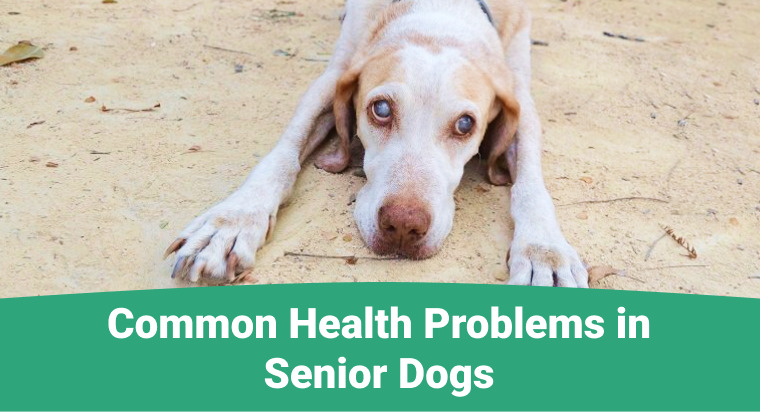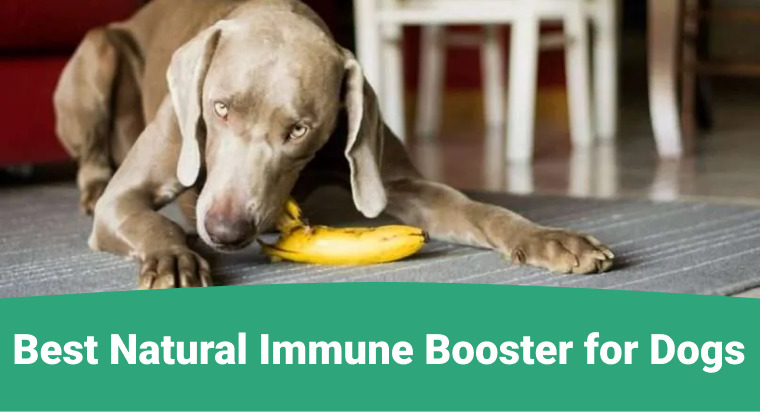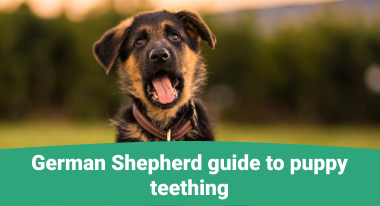Table of Contents
The most pleasing feeling in the world is bringing home a ‘tiny’ canine friend. Being a pet parent beholds many responsibilities, as raising a puppy is like raising a kid!!. The puppy will rely on you for everything, from food to toilet breaks.
Showing your new puppy the new home and introducing them to a world of tasty goodies is fun, but being a pet owner is so much more. You’ll have to take full responsibility for the things that need some attention, such as taking them to regular vet appointments. Veterinarian visits are crucial during the initial year since you’ll want to start vaccinations as soon as possible.
Vaccinations assist in avoiding infections that are infectious and can be deadly. You must follow the proper immunization regimen for your new puppy. Vaccinations help to prevent dangerous and potentially fatal diseases. You must stick to your new puppy’s immunization schedule. This article has covered all know-hows of your ‘li’ll furry friend’ vaccinations. Besides, you can scroll through the infographics for the elaborated illustration to help you understand the process quickly. Let’s drill deeper:

When You Should Vaccinate Your Puppy
Puppies cannot be adopted until they are at least 6 to 8 weeks old, according to most (responsible) individuals. This will allow the puppy to breastfeed and wean properly. When a puppy is breastfeeding, the mother’s milk contains enough bacteria-fighting medicines to keep the new infant healthy.
When it quits feeding and is fully weaned, it no longer has access to her mother’s antibodies and must begin producing its own. This is why it’s critical to begin vaccinations at six weeks. We have covered the query often that pet parents raise “puppy shots at what age:?
Vaccination for the puppy in between 6 and 8 weeks old
For puppies between the ages 6 to 8 weeks, the following immunizations are recommended:
Distemper Virus
Distemper diseases spread by dogs, raccoons, foxes, and coyotes are potentially fatal. Respiratory distress is the first symptom, which can swiftly progress to convulsions, vomiting, diarrhea, and it can cause death.
Adenovirus
Adenovirus, also known as canine hepatitis, is spread by urine. It affects the liver, kidneys, spleen, eyes, and lungs and is very infectious. Because adenovirus has no treatment, it’s critical to vaccinate your dog.
Virus of the Parainfluenza
Parainfluenza causes respiratory discomfort. It is the leading cause of kennel cough. When other dogs’ nasal secretions are breathed, the infection spreads. If your pet contracts kennel cough due to Parainfluenza, the airway becomes irritated, and you can witness mild to severe coughing in your canine and, in rare circumstances, death.
Virus Parvo
Parvo is a serious illness that may affect dogs of all ages, but tiny pups that have not been vaccinated, are the most vulnerable. The virus affects the digestive and immunological systems and is transmitted by infected feces. Parvo has no treatment, and the mortality rate is exceedingly high, especially in puppies.
Leptospirosis
Leptospirosis (or Lepto) is a bacterial infection that affects the liver and kidneys. This is a zoonotic illness, which may be spread from animals to humans. Lepto symptoms might go unnoticed for an elongated period, but when it appears, they are that the canine suffers from fever, vomiting, discomfort, lethargy, and renal failure.
Vaccination For 12 and 15 weeks old puppy:
Once your puppy has grown bigger & stronger, he or she will be able to tolerate heavier immunizations and will almost certainly require them.
For pups aged 12 to 15 weeks, the following immunizations are recommended:
CoronaVirus
Corona is a highly infectious virus that targets the intestines. Nausea, diarrhea, vomiting, and a loss of appetite are symptoms. Although no medications can eliminate the virus, veterinarians can help with symptom alleviation.
Bordetella
Bordetella bacteria can also cause kennel cough. It’s a bacterial illness that’s extremely resistant to medications, making treatment extremely challenging. The illness is transmitted through the air and by direct touch.
Influenza in Dogs H3N2 & H3N8
Dog flu viruses H3N2 & H3N8 are extremely infectious. It causes acute respiratory distress in dogs. To protect your puppies, they should be vaccinated against both strains.
1st Year of Rabies Virus
In most places, the rabies vaccine is mandated by law. Rabies affects the core nervous system, resulting in headaches, anxiety, excessive drooling, hallucinations, and a fear of water, among other symptoms. Rabies is most commonly spread by an animal previously infected with the virus. This is a sickness that is easily spread to people and can be fatal.
When Do Puppy’s Vaccines Have To Be Completed?
Vaccinations for puppies are most effective when administered at regular intervals with boosters. Around the age of six to eight weeks, your puppy will begin receiving vaccinations.
The following vaccinations are likely to be included in a routine immunization schedule:
- Distemper, infectious hepatitis, and parvovirus can start as early as 7 to 9 weeks if the puppy is exposed to a contaminated environment.
- Booster for three prior immunizations plus rabies and Leptospirosis at 11 to 13 weeks.
- Rabies and leptospirosis boosters at 15 to 17 weeks.
- Boosters for all immunizations listed above at 15 months.
Annual boosters are important to ensure that your puppy is fully immunized. They should have the following boosters per year:
- Distemper
- Infectious hepatitis
- Parvovirus
How Long Are Puppy Vaccinations Effective?
Different vaccines last for different time frames. Usually, the vet offers a vaccination report and ensures to keep the report safe to maintain the puppy vaccination schedule. If you are seeking pet vaccinations near me, you can utilize the online vet discovery platform like GreatVet. The platform helps pet owners to find a reputed vet in the locality that can match your pet’s health care needs. You can search profiles based on Zip Code, City, metro, or neighborhood, and it allows you to browse through the top click profiles. You also can schedule an appointment for your pup’s vaccination right from the platform.
There are core and non-core vaccinations. Core vaccination should be provided to all puppies, and the no core puppy vaccine chart is followed based on your furry friend’s lifestyle, and it also depends on your travel plan:
Usually, the core vaccination, such as DHP or DAP, provided for Distemper or Hepatitis or Adenovirus and Parvo mixed. Non-core vaccination such as Parainfluenza is combined with DHP. Vaccination such as Leptospirosis can be given separately, or it can be combined with DHP or DHPP. Vaccination such as Bordetella can be given intranasally, orally, or injectable; your veterinarian determines the interval. Vaccination such as Canine influenza, two strains (H3N2 and H3N8), 2-vaccine series required annual booster dose. An annual booster dose also follows the Lyme-2-vaccines series.
Pet Vaccination After Care Tips
Adverse reactions or even side effects of the vaccination are rare in canines; however, ensure to monitor them after vaccination. It can experience any puppy after vaccination side effects; symptoms may include fever, sluggishness, loss of appetite, facial or paw swelling and/or hives, vomiting, diarrhea, etc.
As for aftercare, offer you a fluff ball someplace to rest. Ensure that it has access to water and its favorite food, and you need not be worried if it is not very hungry. Avoid patting or playing with your pet. Check on your pet every so often, but try not to disturb them.
Final Thought
The puppy vaccination schedule should occur within a week of receiving your new puppy. Following the immunization protocol, a dog vaccination schedule is vital to ensure your canine companion remains healthy. Whenever you have any queries regarding vaccination, you should reach out to your vet for an expert opinion.
Disclaimer: The content on the site is for educational purposes only, and it does not provide medical advice. The shared information must not be treated as a substitute for or alternative for medical practitioner advice, diagnosis, or treatment. Regarding any concerns about your pet’s health, seeking veterinary guidance is of utmost necessity. Each pet has specific health, fitness & nutrition needs. Do not disregard, avoid or delay pet health-related advice from veterinarians based on reading the information provided on this site.



